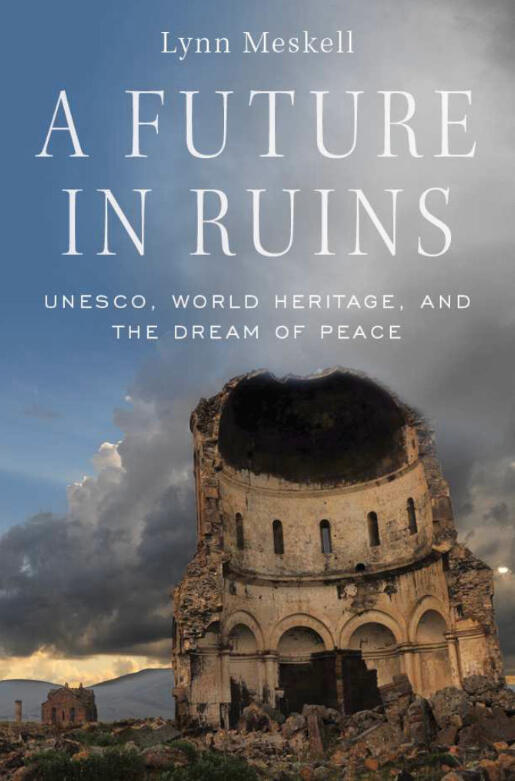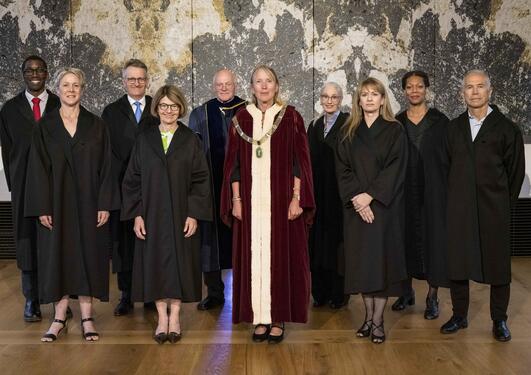Foredrag ved æresdoktor Lynn Meskell

Hovedinnhold
Ruin Warfare: Weaponizing Heritage from UNESCO to NATO
International organizations including UNESCO, NATO, and the ICC now recognize that heritage violence is a persistent feature of modern conflict that poses threats to human communities and global security. Ironically, as NATO has shifted closer to mobilizing preservation for peace, UNESCO finds itself more entrenched in the business of war. NATO leadership, for example, has acknowledged that it was slow to comprehend or combat Islamic State’s weaponization of the past to garner recruits and military advantage. Today NATO considers that protecting heritage is part of hybrid warfare tactics, and thus its Human Security and Protection of Civilians mission, whether in Libya, Kosovo and potentially with Ukraine. Historic sites with negative legacies such as Chernobyl, illustrate vividly the risk/threat dimension that destruction of high-profile properties can wield. The protection, destruction, and manipulation of heritage (and by extension history) by state and non-state actors has become so commonplace in contemporary conflicts, that it is now framed as cultural heritage exploitation (CHX) — an intensely modern set of practices associated with historical propaganda and hybrid warfare.
To date, international organizations has been caught off-guard when heritage is deployed in a catalytic manner during hostilities and has scrambled for strategies to prosecute the perpetrators, whether the Taliban, Ansar Dine, IS or President Putin. Weaponizing ruins should be seen as part of non-conventional warfare — rather than backward-looking or archaic, with vast capacities for damage, offence, victimization and human rights violations.This presentation will outline how CHX is unfolding in India, for example, with the erasure of Muslim heritage, that is not dissimilar from actions taken by China toward its own Muslim minority, the Uighurs. Indo-Pacific nations are increasingly using UNESCO’s Memory of the World Register and World Heritage List to challenge borders, sovereignty, histories of repression, and war crimes accountability in new proxy conflicts. Heritage claims in the South China Sea and Indian Ocean are other examples, considered benign alternatives to military freedom of navigation operations. Contested understandings of historical disputes, especially regarding World War II, further inhibit security cooperation among Japan, South Korea and the US, despite mounting security challenges posed by China and North Korea. While NATO has been outspoken, UNESCO unfortunately, remains resoundingly silent regarding its high-profile Member States, whether China, Japan, India, or Russia.


